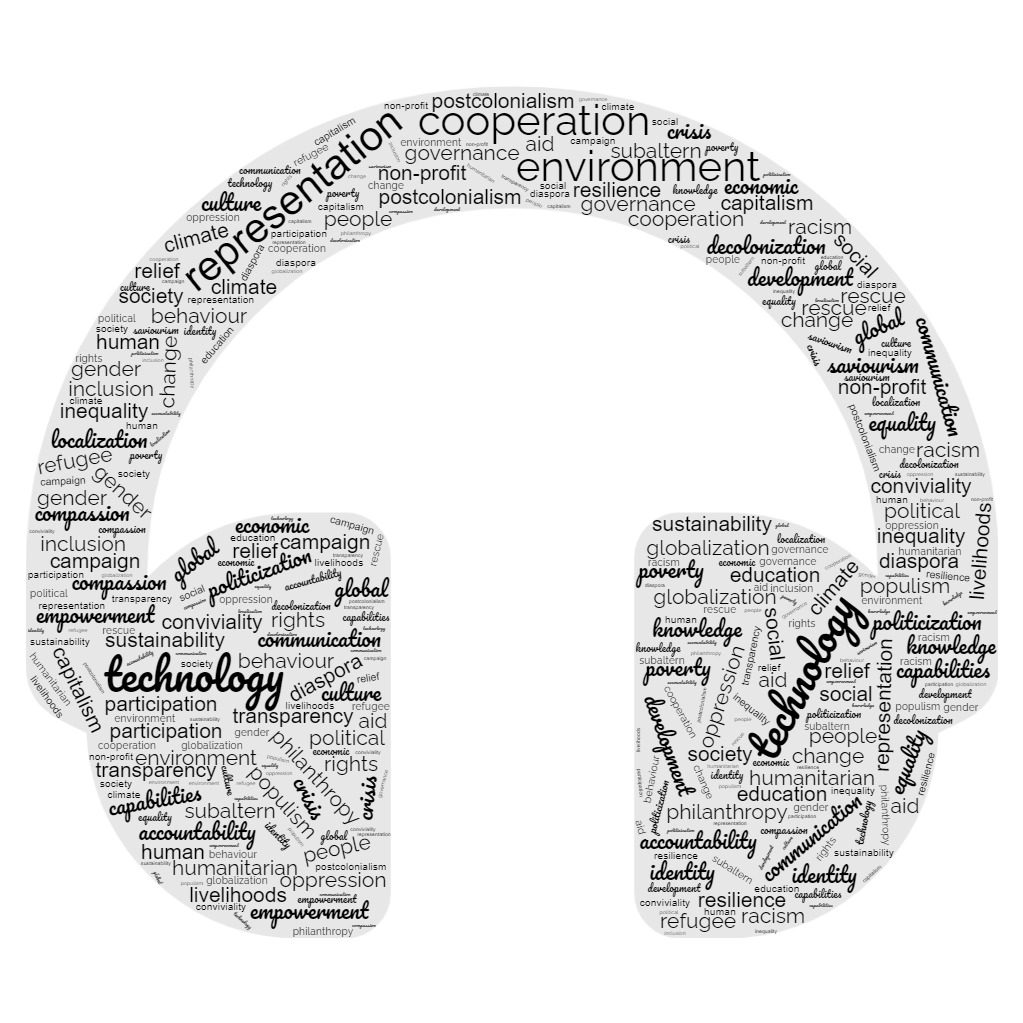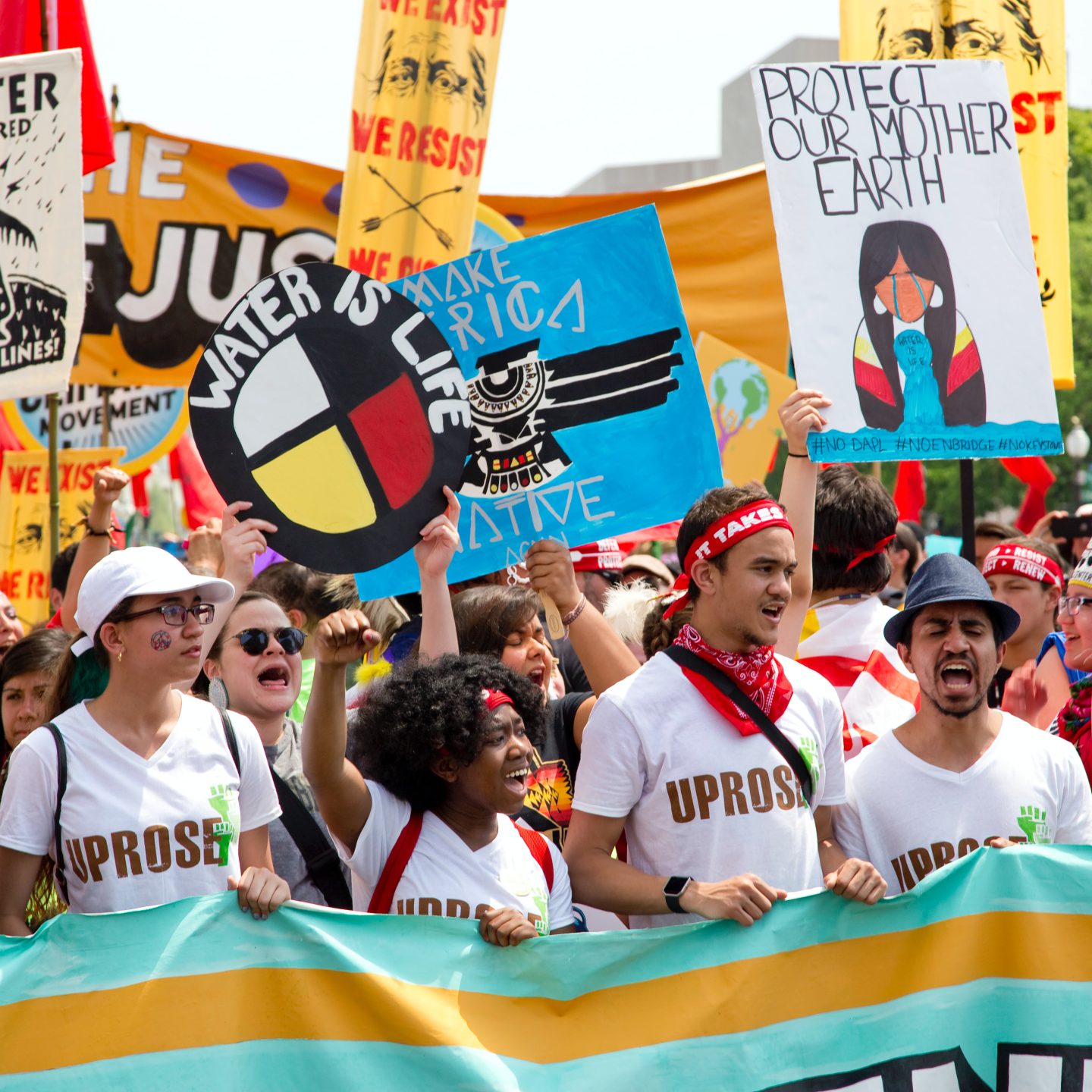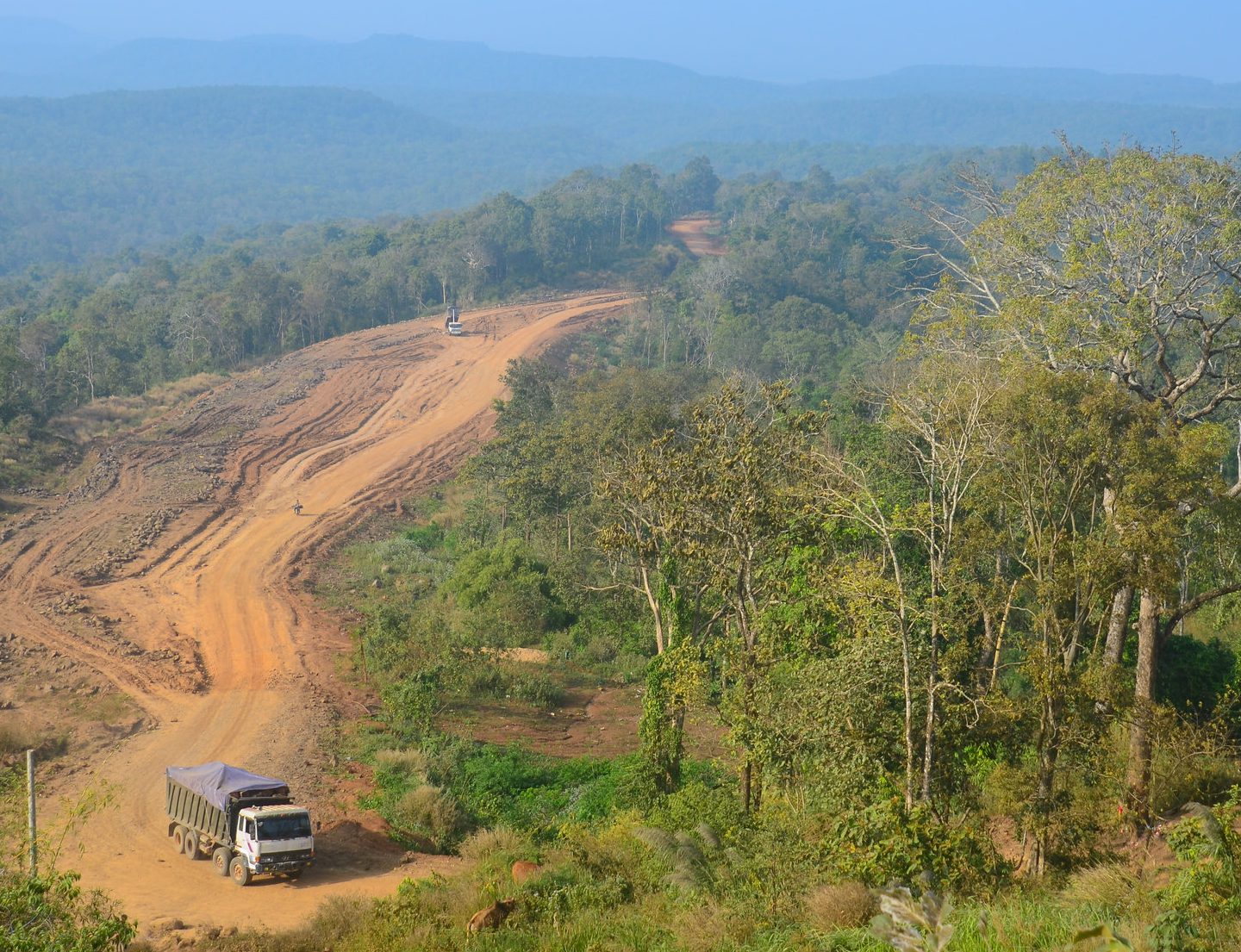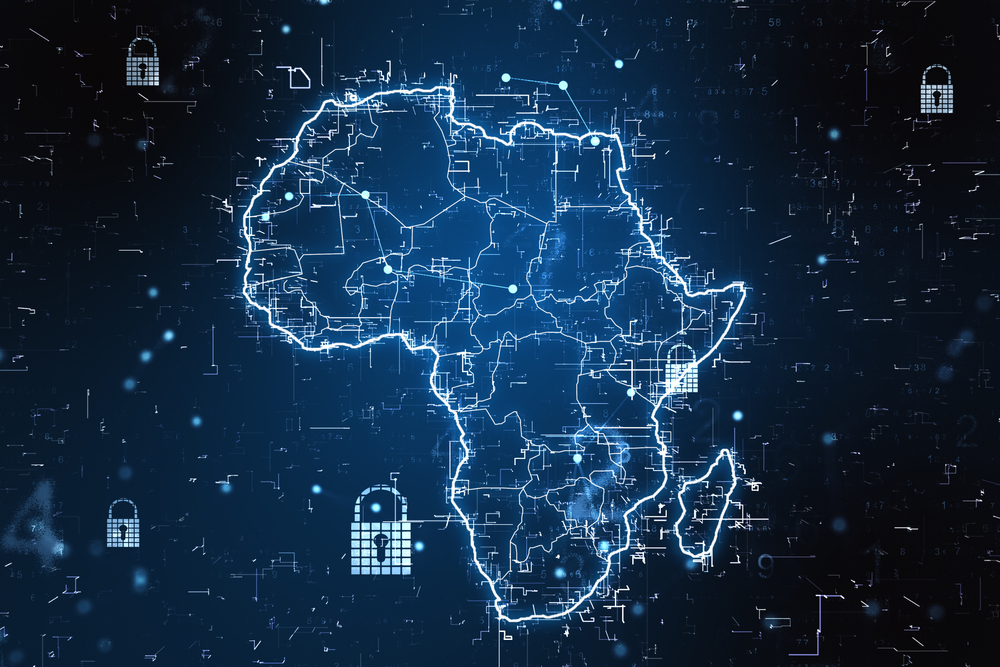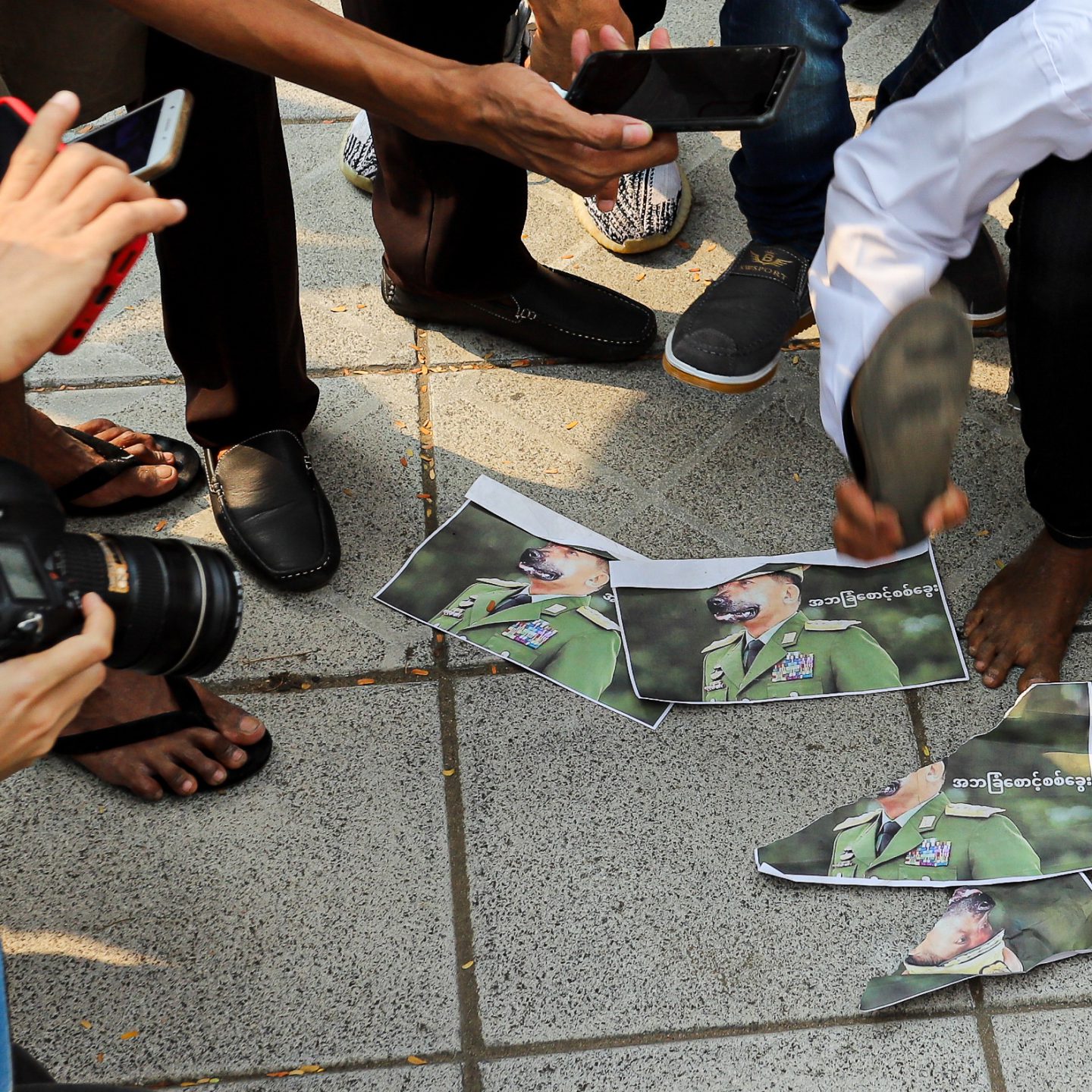Webinars bringing researchers on far-right activism together
The past ten years or so have seen increased presence and acceptability of right ideologies within Western countries. This can greatly be attributed to media coverage and how journalists have portrayed right-wing politicians and their ideals. Consequently, we have seen far-right politicians becoming even more powerful than ever, leading their respective countries.
